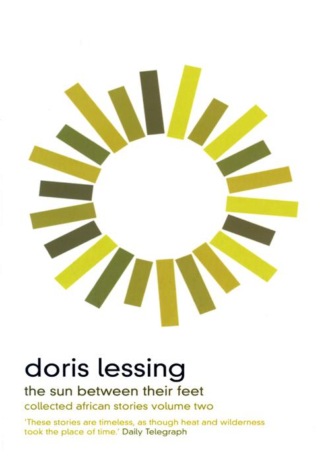The Sun Between Their Feet: Collected African Stories Volume Two

Полная версия
The Sun Between Their Feet: Collected African Stories Volume Two
Жанр: книги о войнеисторическая литературасовременная зарубежная литературасерьезное чтениеоб истории серьезно
Язык: Английский
Год издания: 2018
Добавлена:
Настройки чтения
Размер шрифта
Высота строк
Поля
Конец ознакомительного фрагмента
Купить и скачать всю книгу








